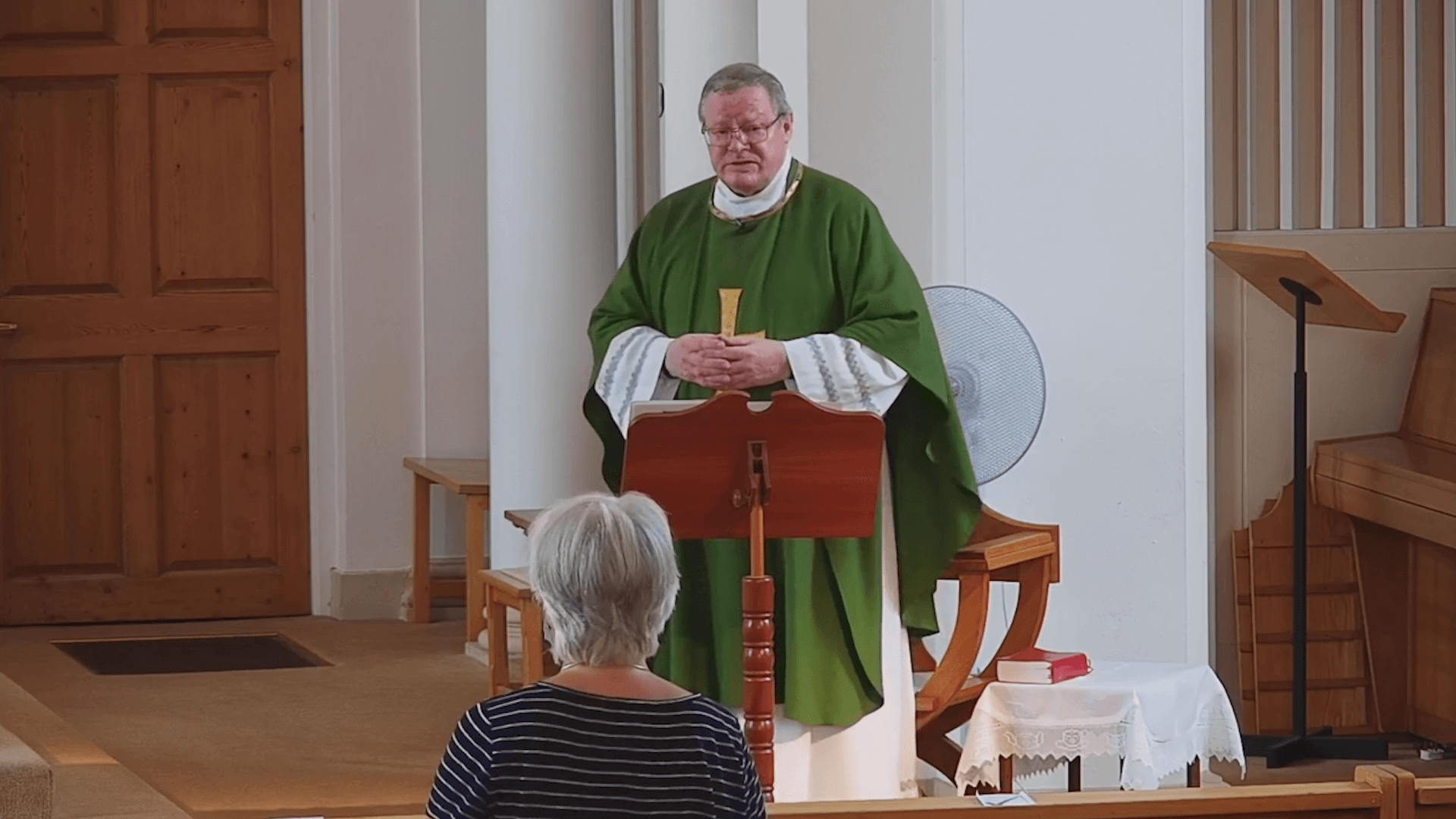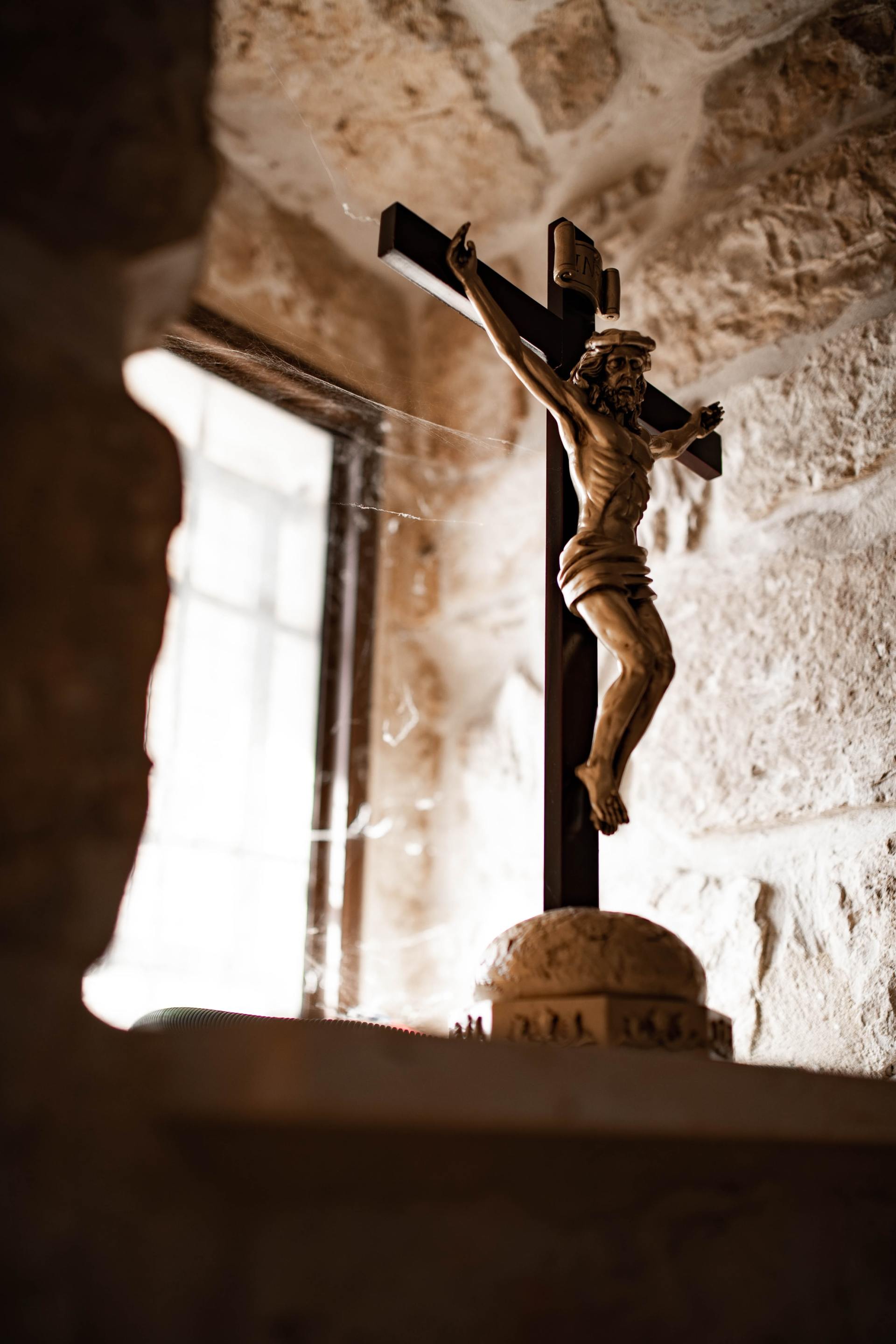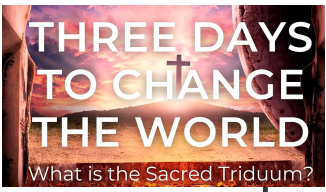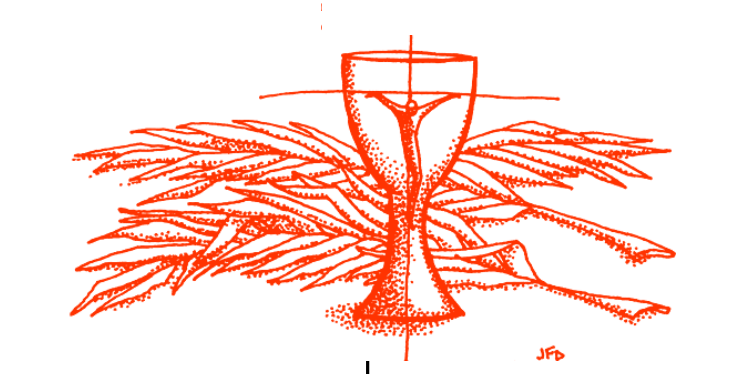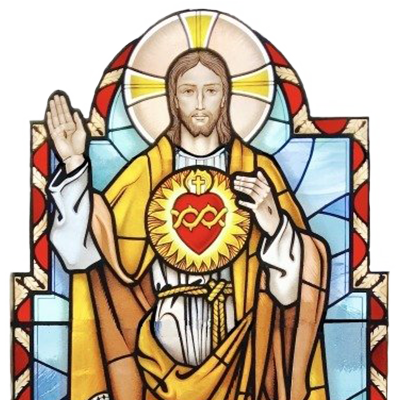26th September 2021

“But they’re not one of us!” is an exclusive catch-cry that can be raised in many contexts, from the bullying on the school playground to that in much more serious social, political, and religious arenas. Just consider, say these criers: migrants will take our jobs, asylum seekers will threaten our security, community housing in our street for people with disabilities will lower our property values, ecumenism and contact with other religions will dilute our faith! And those who hold these views consider that they have a monopoly on wisdom and insight!
In the gospel this weekend we hear exclusion spoken from the midst of the Twelve. John is their indignant spokesman, informing Jesus that a man who “does not follow us” is “driving out demons in your name.” The real issue from John’s point of view is not that this man is not following Jesus - after all, he is doing his healing acts in Jesus’ name, which implies some faith in Jesus; the problem is that he is “not following the Twelve!” They tried to stop him, apparently unsuccessfully, since they made an implicit appeal to Jesus to do something about it. Jesus responds to John’s indignation by telling him that they should see such a person not as a competitor but as a companion along the way, even if he is not physically travelling with the Twelve, because “whoever is not against us is for us.” Work for the kingdom is not to be the jealously guarded preserve only of the disciples who are physically accompanying him.
Jesus expands on what being “with” him means. In a land where the availability of water can mean the difference between life and death, offering someone a cup of water symbolises the simple but generous hospitality that should characterise a Christian disciple, for doing this to another is doing it to Christ. Those who are aiming to be “the biggest and the best,” even religiously, can too easily overlook or disparage the service of the “little ones” of great faith: the behind-the -scenes workers in a parish; those who seem to have the gift of a spontaneously positive response to everyday relationships and crises; the people who welcome demands on their time without fuss and with unfailing generosity. “Little ones” may also refer to those who are young in faith, new members of the Christian community. As a parish, how hospitable have we continued to be toward those who were baptised at recent Easters, or have we forgotten them and the drama of the Great Night? How inclusive are our attitudes to people who are entering from surprising - and even from what some “established” Christians might consider unwelcome and scandalous - quarters or lifestyles?
Strong feelings evoke strong language, and the Markan Jesus uses vivid images to heighten the impact of his words about the sin and scandal of those who are a stumbling block to the faith of others. Rather than concentrate on criticising those whom we consider “outsiders,” disciples need to be self-critical. The harsh words about self-mutilation are to be taken figuratively, not literally. It would be better, says Jesus, to go through life physically handicapped than to give scandal by our sinfulness and so become spiritually maimed and unfit for the kingdom of God.
